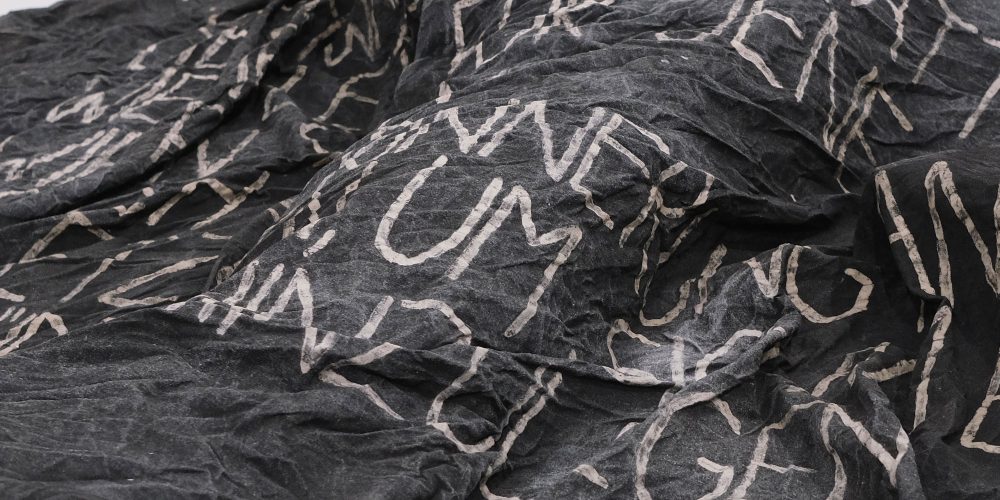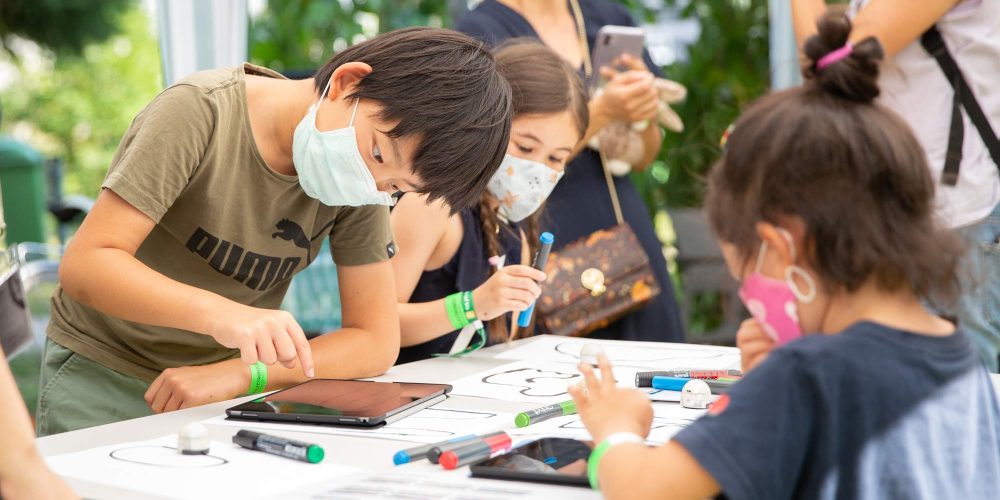
Cooperation & Innovation
-
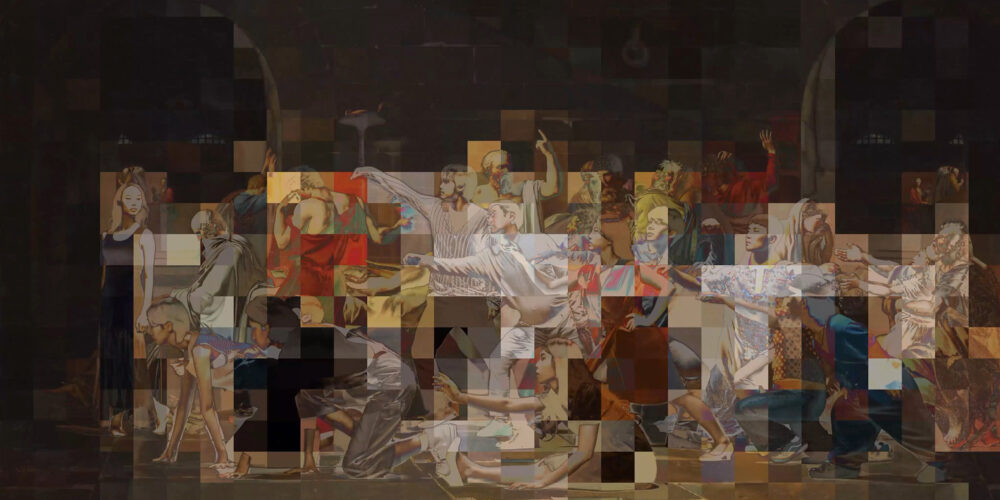
Art from Asia: The 4th VH Award
International art and diversity are one of the many key aspects of the Ars Electronica Festival. A project that showcases these components in Linz is the 4th edition of the VH Award.
-

Expedition into the realm of ideas
From climate change to microbiology and artificial intelligence: the most experimental ideas from the Ars Electronica Futurelab will once again be presented at this year’s festival.
-
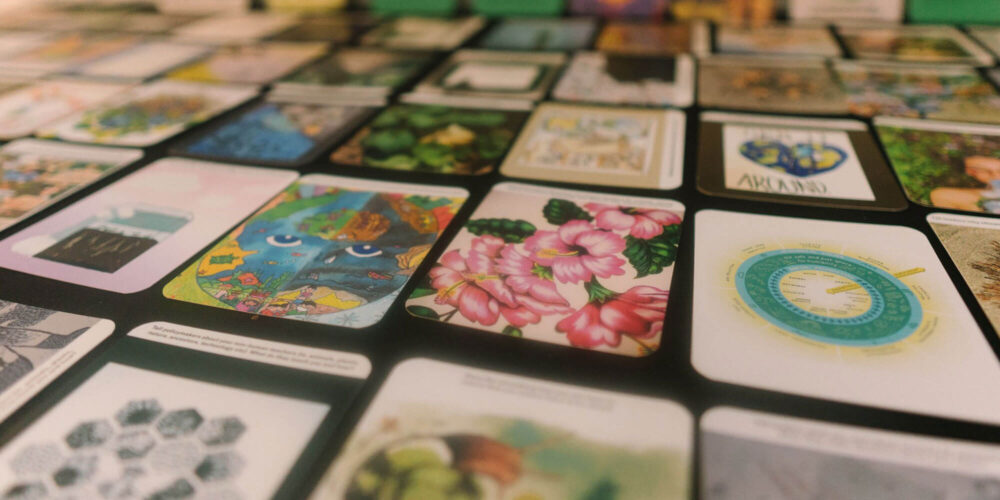
A Network of Collaboration: The Ars Electronica Gardens
This year, Ars Electronica Garden Partners will not only be on display online, but will be invited to actively contribute their perspectives and projects to the Festival’s core program, which will take place in Linz.
-

Treetop Talks: (Eye) Level Reinterpreted
Finding common ground through a new perspective? During the Ars Electronica Festival, a meeting zone of a different sort is created in the form of the treetop talks.
-
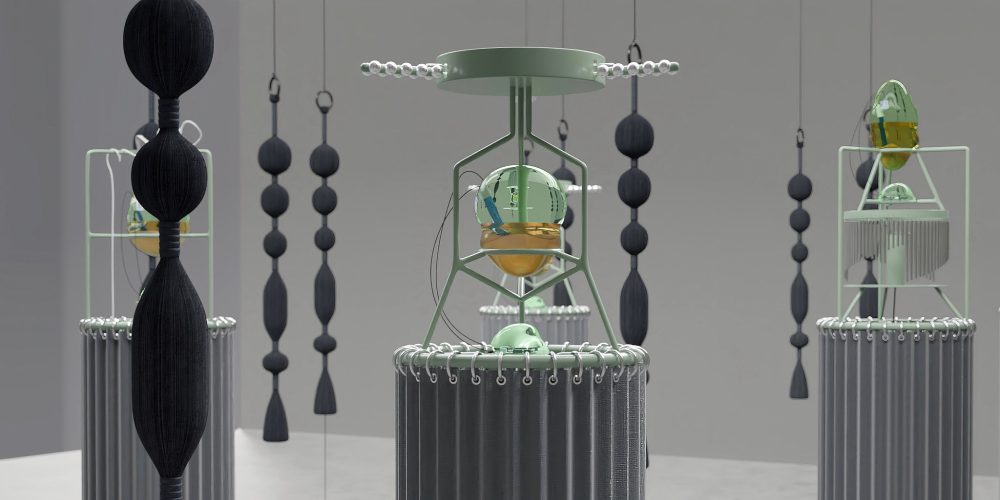
A parallel (r)evolution — Digital Art in Latin America
Contemporary Latin-American Art combined with technology: The CIFO-Ars Electronica Awards offer a new perspective on media art and tackling global challenges.
-
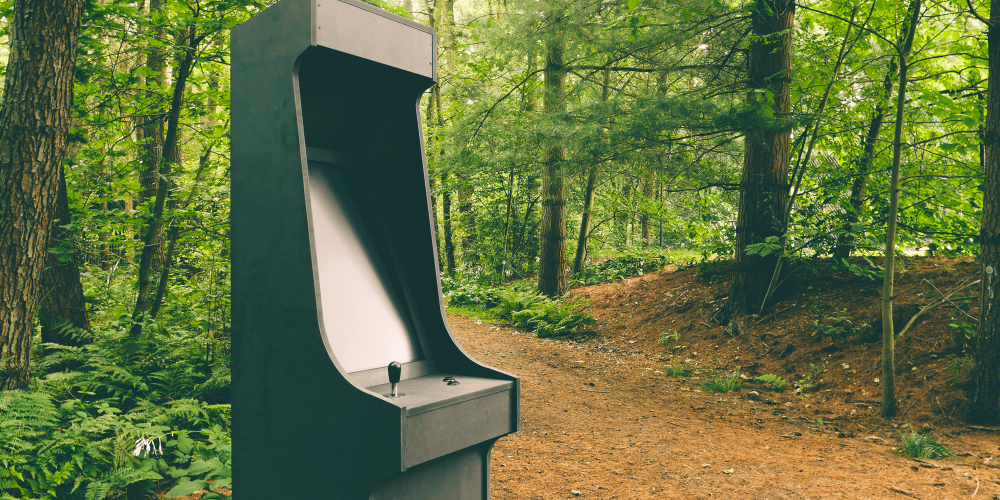
Roel Heremans: The NeuroRight Arcades
Ars Electronica Festival 2022: In a world where neuro-wearables and brain-computer interfaces will soon be ubiquitous, we should also talk about “NeuroRights.”
-
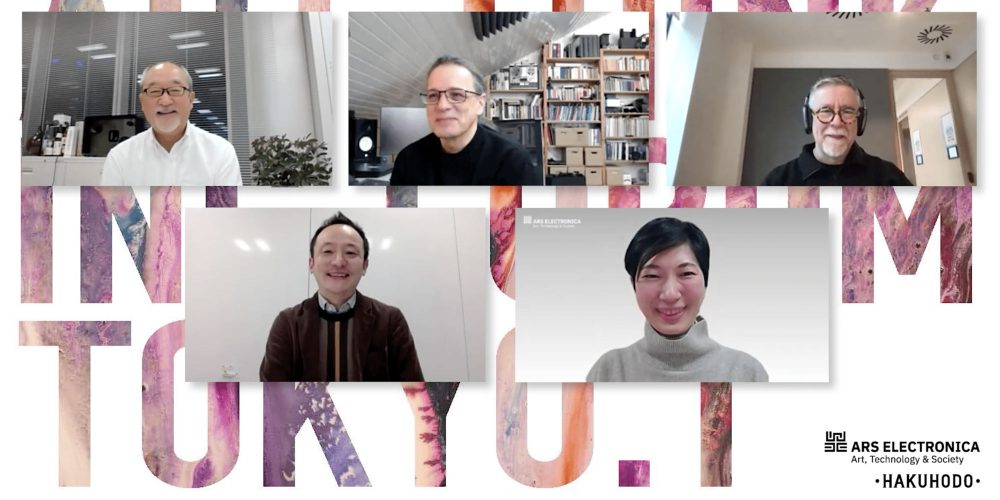
Digital transformation – for whom?
Who benefits from digital transformation and who should own it? – Questions the Art Thinking Forum Tokyo was asking.
-
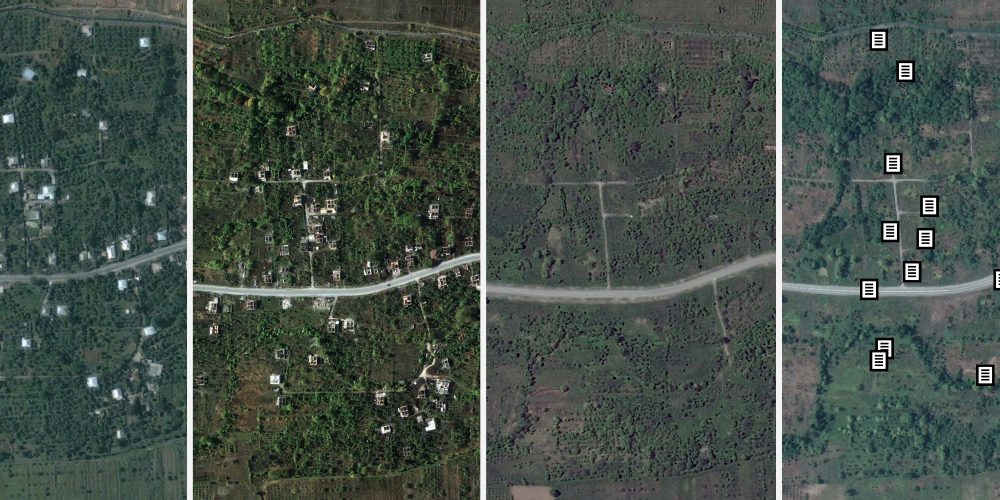
Tools to Confront Unbalanced Realities
What rights do you have in the location of your residence? In his work, artist Irakli Sabekia deals with the spatial and social memory of people who have been forcefully displaced.
-
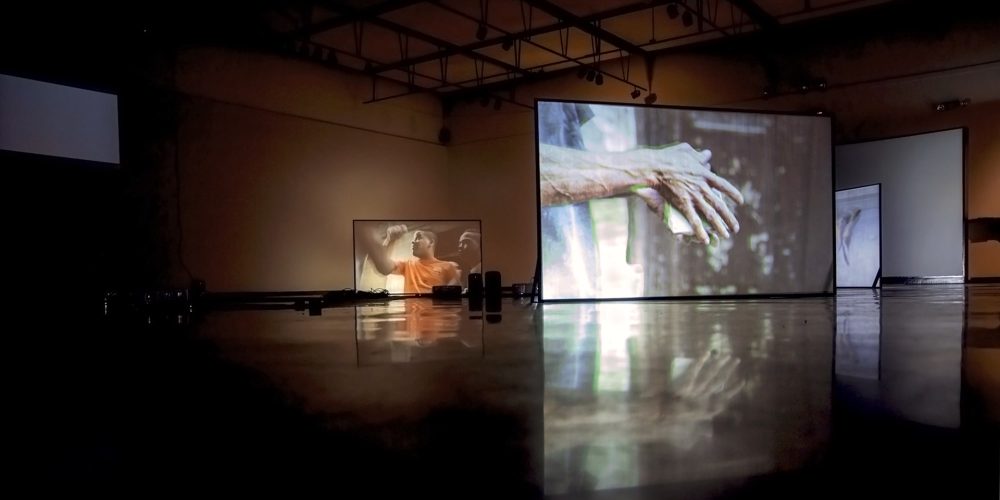
Latin American Media Art: Talent in Abundance
Latin American art meets media art: A new collaboration between CIFO and Ars Electronica aims to support the Latin American art scene and to bring a number of outstanding artists and projects closer to the international audience.
-
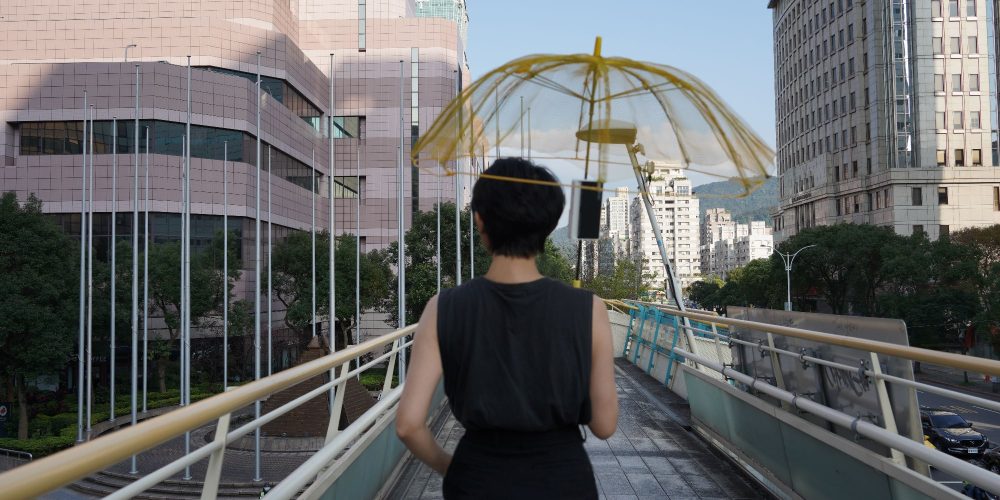
How to “resist like bacteria”
Find out what we can learn from bacteria and why the future lies in collaborative resistance through the artists behind the project “Bi0film.net – Resist like Bacteria”.
-

State of the ART(ist): “Art is neither warlike nor peaceful”
We are convinced that we need art as a space where contradictions can be possible. But how do you deal with these contradictions in times of war? What influence does this have on curation and how does one implement the theme of political persecution in an Open Call?
-
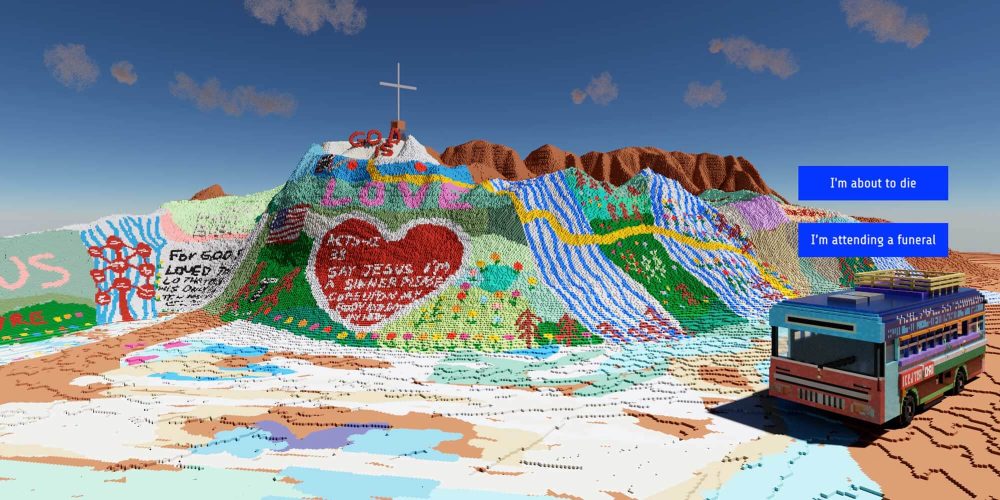
Who wants to live forever? AI and our digital (after)lives
[:de]Throughout time and across cultures, humans have been conditioned to view death as an endpoint in the experience of life. In an increasingly globalized and digitalized world, have our traditions and behaviours towards death changed? What happens when data outlives the person?
-
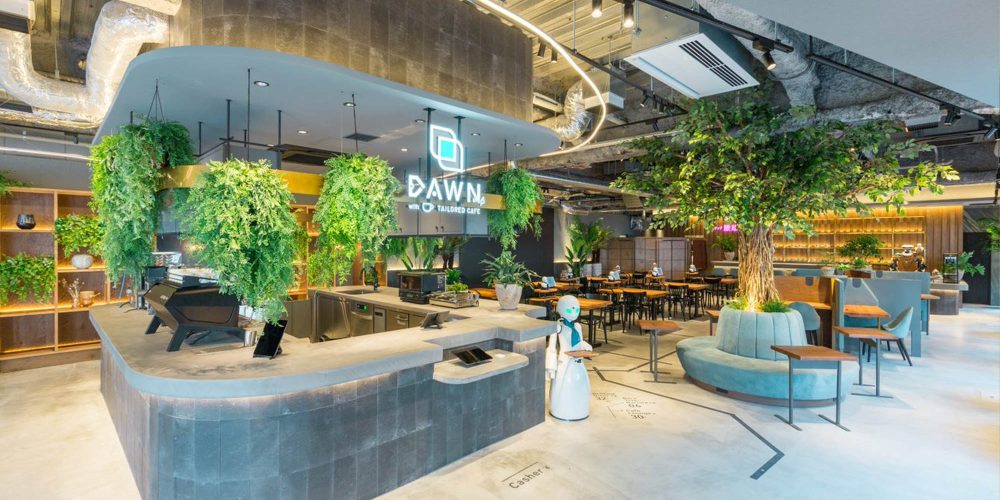
The slightly different café
This year, the Golden Nica in the Digital Communities category goes to Ory Yoshifuji, Co-founder CEO, Ory Laboratory Inc. for his project Avatar Robot Cafe DAWN ver.β.
-
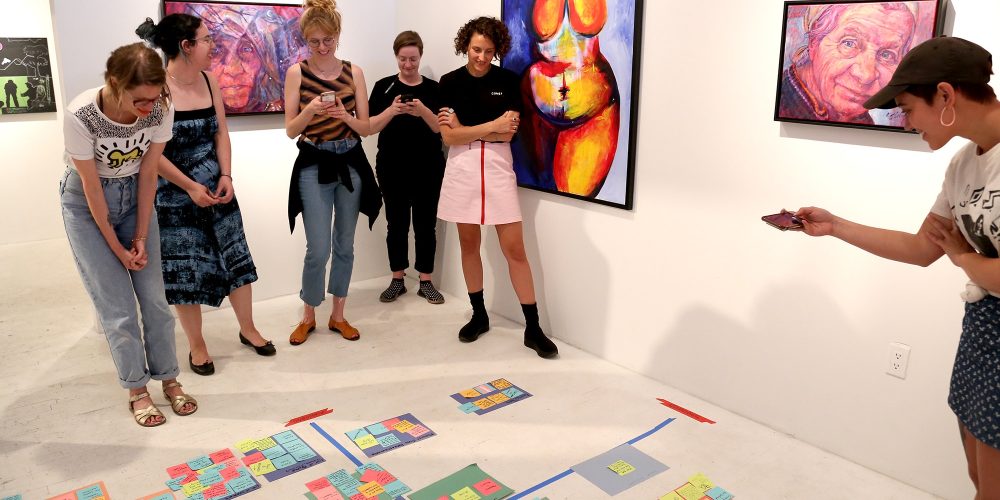
Is this a man’s world? Acknowledging gender bias in AI
Artificial Intelligence is fast becoming a major driving force of the rapidly accelerating digital transformation. Therefore, we have the responsibility to confront and question the gender biases inherent in AI models and seek ways to mitigate them.
-
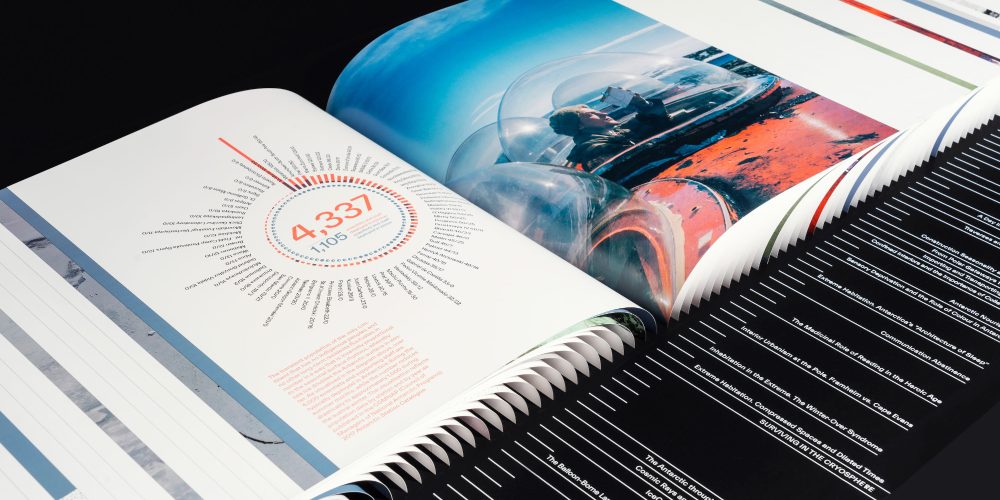
“What happens in Antarctica does not stay in Antarctica”
What does the melting of Antarctica have to do with the future of planet Earth? A lot – and that’s exactly why Giulia Foscari and UNLESS, in the work “Antarctic Resolution”, awarded the STARTS Prize 2022, have called for saving Antarctica and say: “Speak up for Antarctica now!”
-
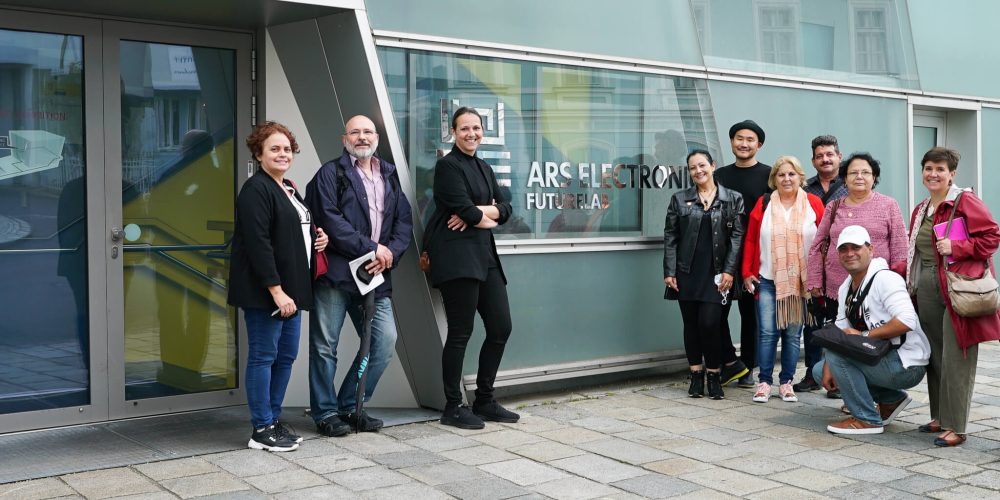
Futurelab – Prototype of a think-and-do tank
Cuba visits Linz: A delegation from the Cuban Computer Science Union finds inspiration in the Ars Electronica Futurelab’s unique concept.
-
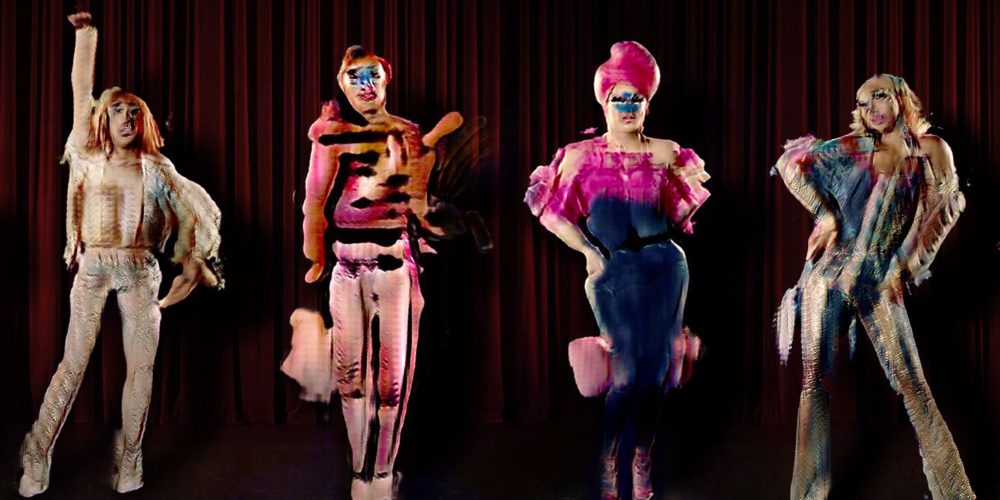
I see you: (in)visibility and equality in a new digital world
As Ars Electronica is a platform for those who see the future as the responsibility of our time and face it with social activation and empowerment, the last festival hosted projects which focused on making different realities and identities visible.
-

It’s about trying out things
In this interview, Gerfried Stocker explains why it takes more than virtual meetings to get people talking and how the Ars Electronica Festival is trying to become sustainable and resource-conserving.
-
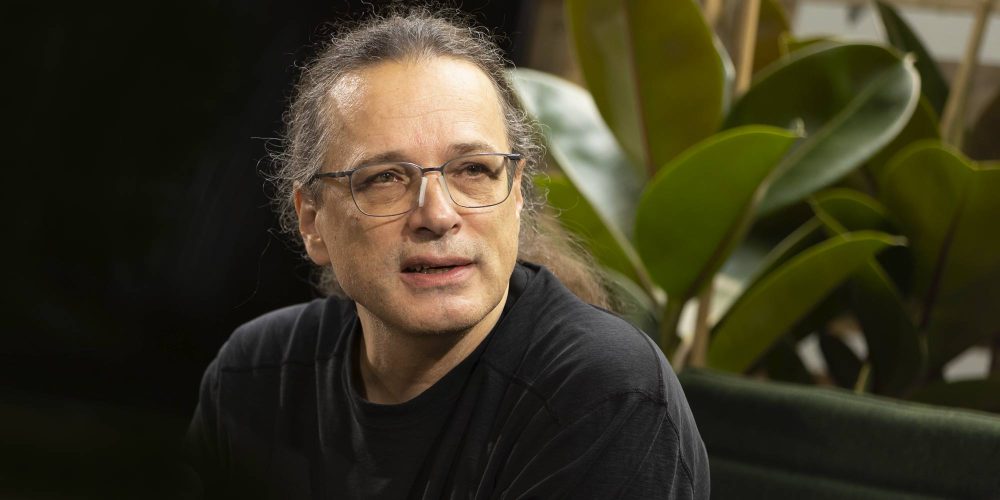
Change is needed when there is no way out
From the hopelessness of the climate crisis to the thinking space of art – in this conversation with Gerfried Stocker, we take a closer look at the theme of the 2022 Ars Electronica Festival.
-
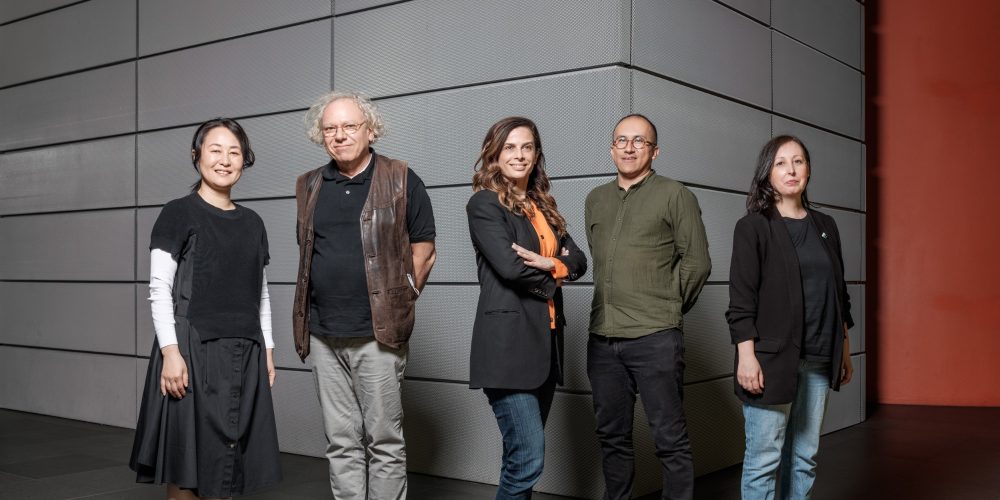
The STARTS-Prize Jury in Linz
The international jury met for a weekend at the Ars Electronica Center to decide on the two winning projects for the STARTS Prize 2022.
-
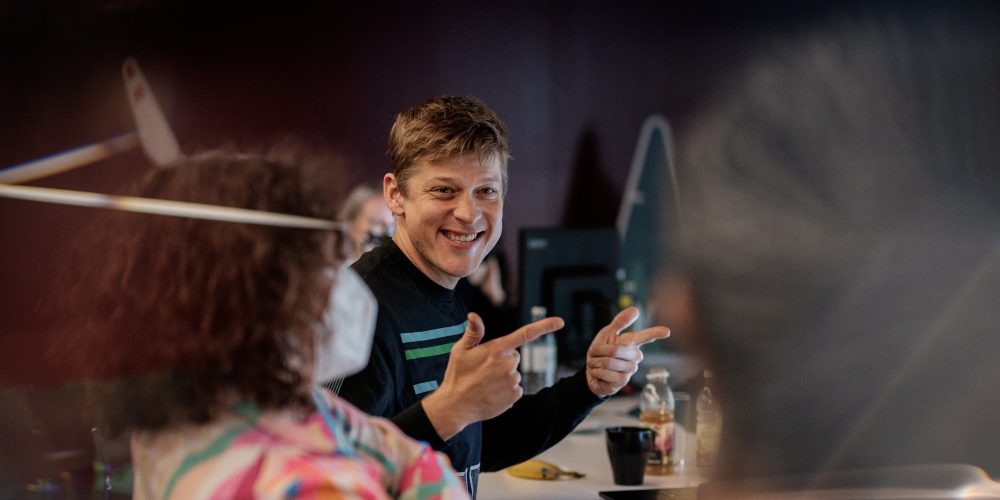
The Prix-Jury-Weekend 2022
Once again, 20 experts from around the world met in Linz to agree on the Golden Nicas of the Prix Ars Electronica 2022
-
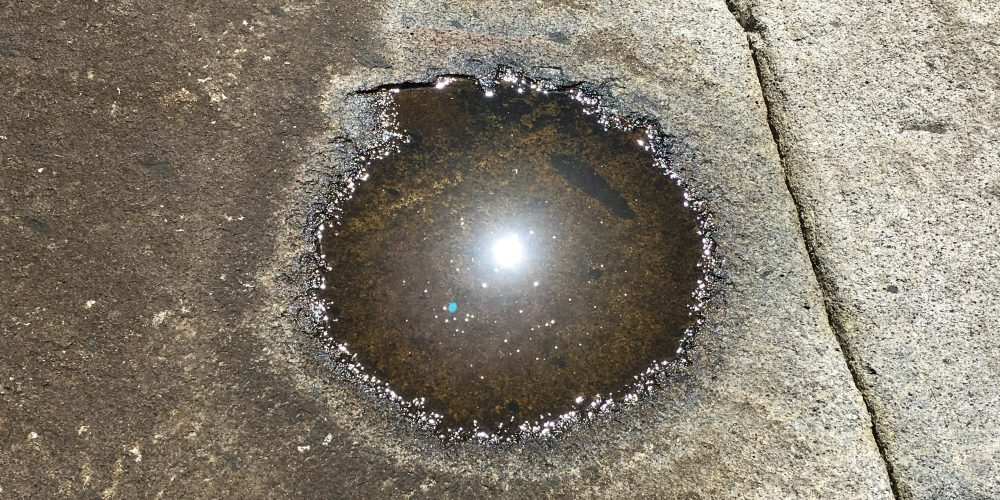
The Sky above Atacama: Chilean Artists at the Ars Electronica Festival 2022
The interaction between the Atacama sky and clouds with the local audience in Linz: these Chilean artists will represent their home country at the Ars Electronica Festival 2022.
-
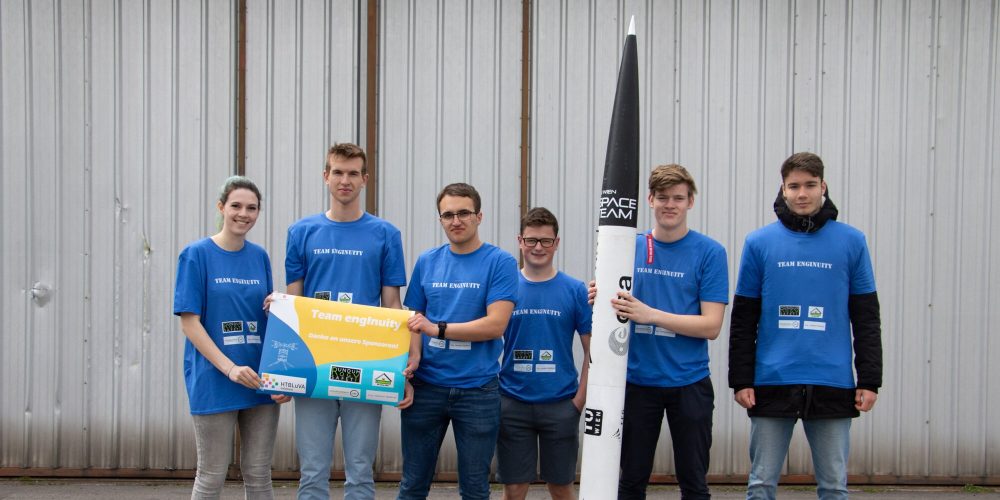
And the CanSat 2022 winner is…
On Thursday, 21.4.2022, the airport of Suben in the district of Schärding was transformed into a mission control center for a number of space-loving young people.
-
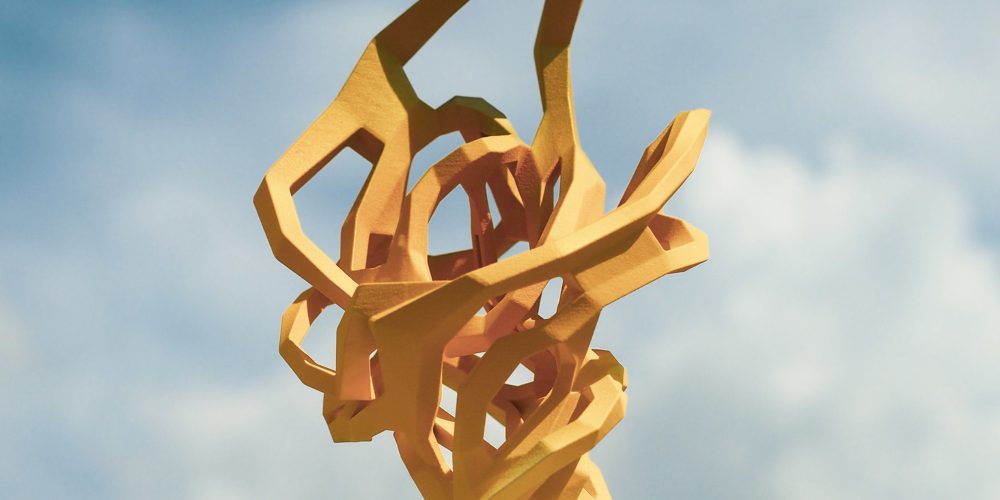
STARTS Prize 2022
This year, the STARTS Prize will once again honor innovative projects at the intersection of art, technology and science that have the potential to contribute to economic and social innovation.
-
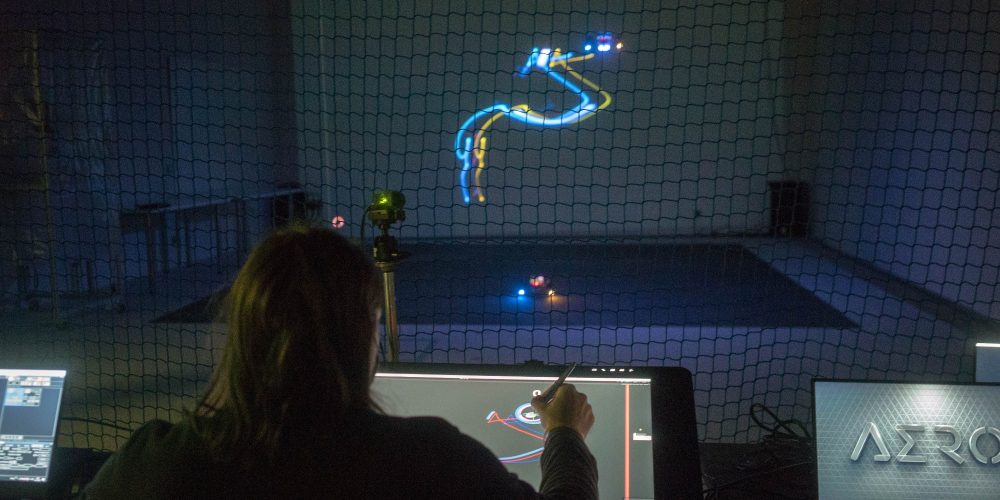
New technologies as part of law studies
Law students rarely deal with new technologies – that’s what the Future Thinking School and the JKU want to change.
-
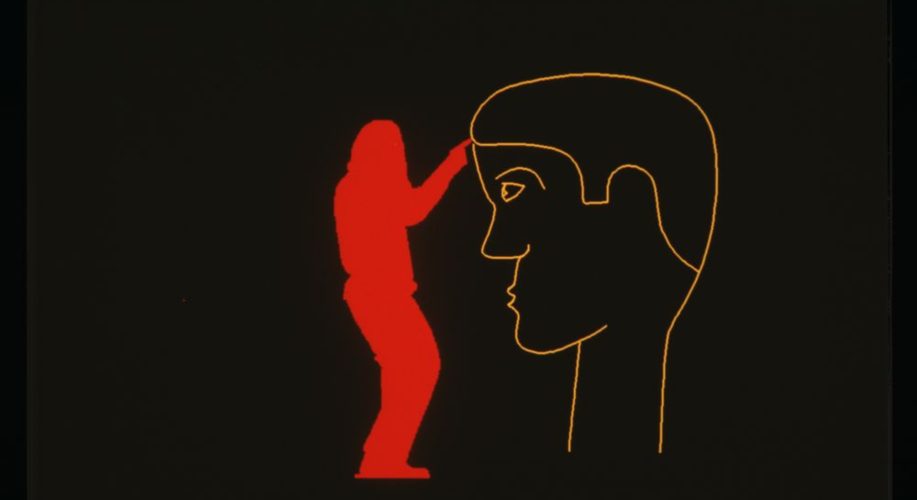
Throwback: Videoplace
In 1990 the time was ripe to take the next evolutionary step in the development of Prix Ars Electronica by adding a new category for “Interactive Art”.
